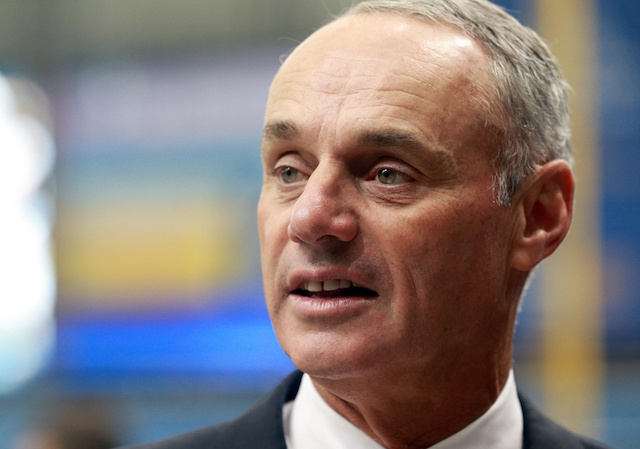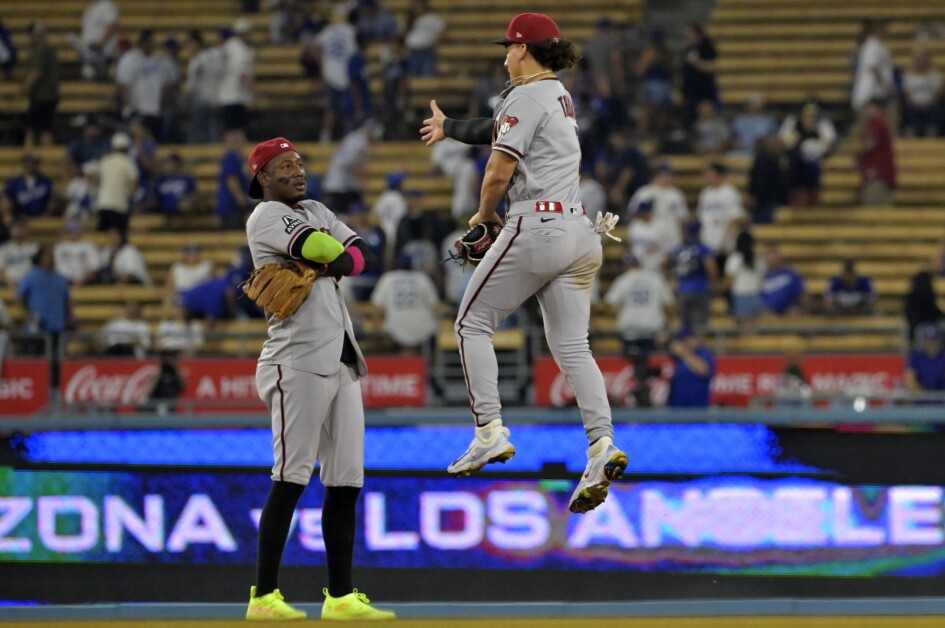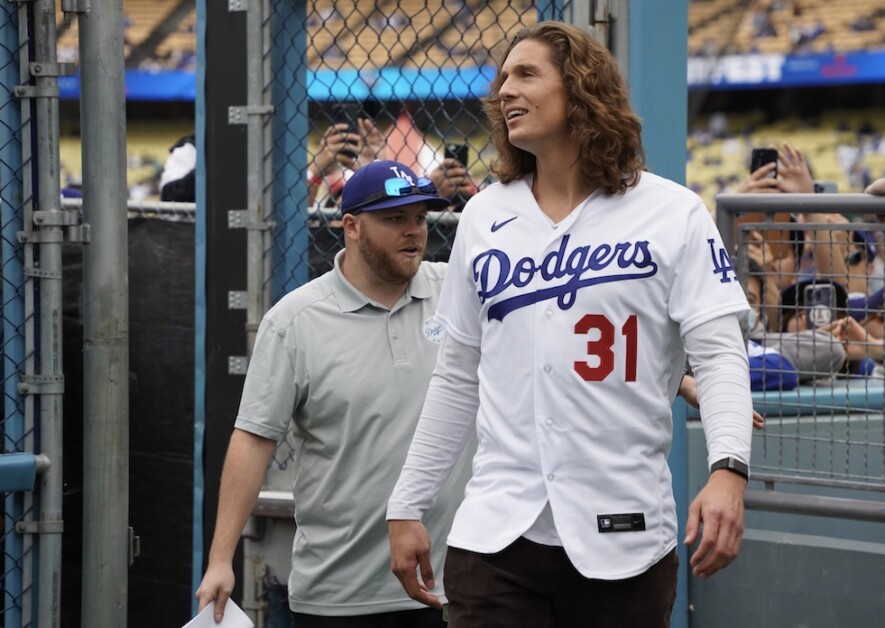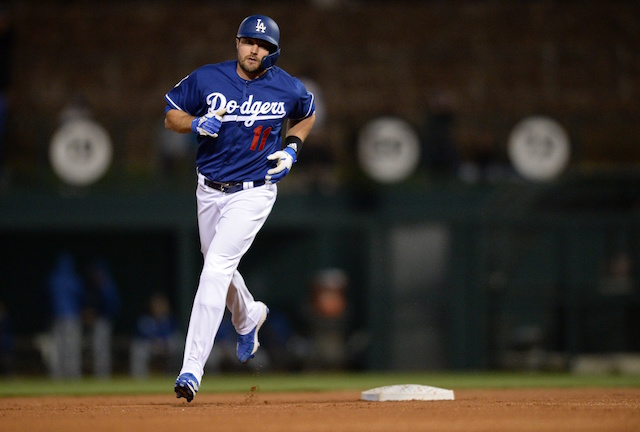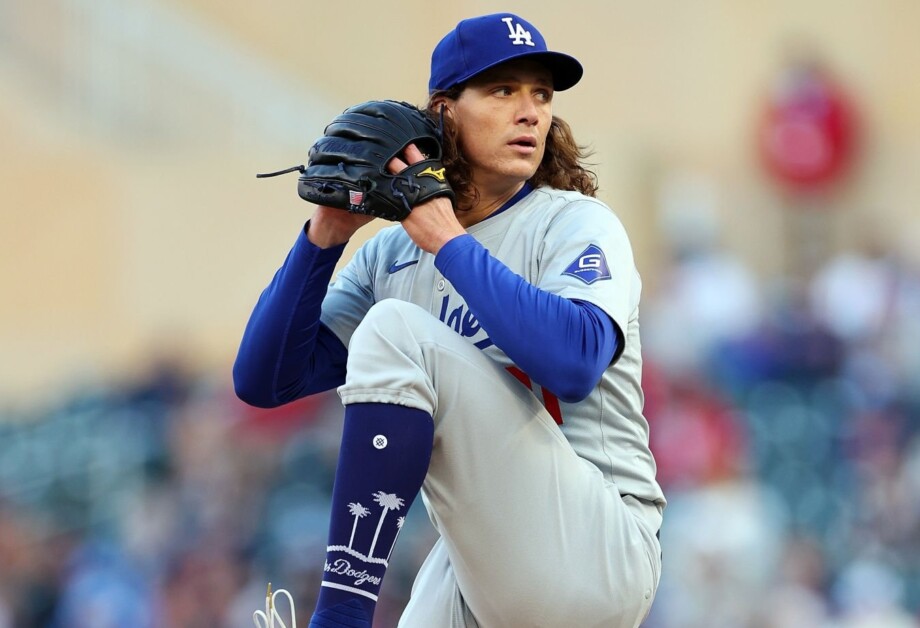Under the current MLB collective bargaining agreement a qualifying offer is part of the free agency process, and it’s drawn plenty of attention over recent years. This offseason the one-year contract is worth $17.2 million.
A qualifying offer can only be extended to players who spent the entire season with one team and are eligible to become a free agent. Under the current system if a player rejects the one-year pact and signs with a new team, then that club must forfeit their top unprotected pick in the upcoming draft.
In addition, the team that loses the free agent receives a compensation pick in the same draft. Because of losing a first-round pick, many teams have shied away from free agents that have a qualifying offer attached to them.
Last offseason only Brett Anderson, Colby Rasmus and Matt Wieters accepted the qualifying offer. Conversely, Howie Kendrick rejected it, but had his market severely affected.
Because of this, there have been talks about getting rid of the qualifying offer altogether under the new CBA, per Jon Heyman of Today’s Knuckleball:
MLB bigs, mindful of the huge benefit won by management with the establishment of the qualifying offer system in free agency, have offered to eliminate direct compensation in the form of a draft pick lost for signing top free agents.
The Los Angeles Dodgers extended qualifying offers to Kenley Jansen and Justin Turner this offseason, and they both declined, which was expected.
Philadelphia Phillies pitcher Jeremy Hellickson and New York Mets second baseman Neil Walker were the only two to accept the one-year contract this offseason, while eight total players declined it.
If a new CBA is not agreed upon by 12:00 a.m. ET on Dec. 1, then any MLB activities will come to a halt. The MLB and Player’s Union were recently said to have gained traction on reaching an agreement.



